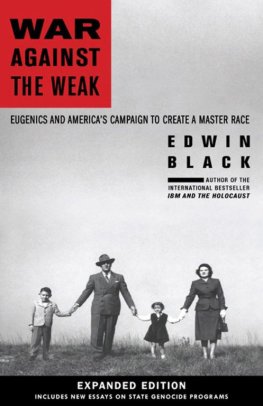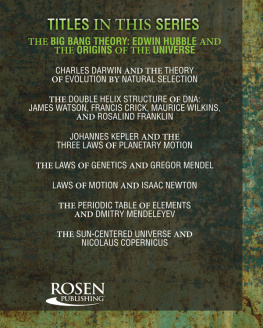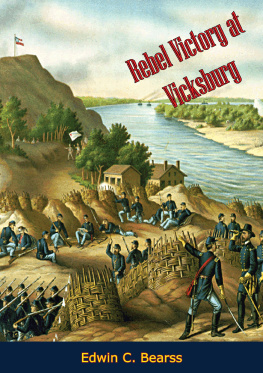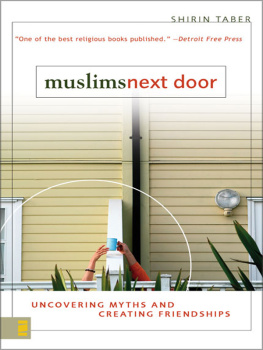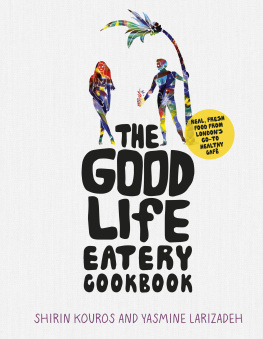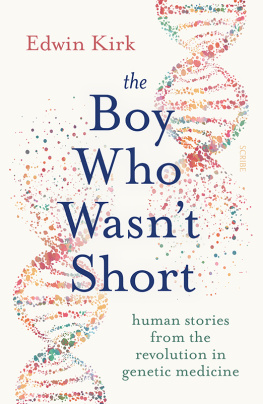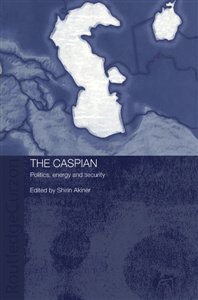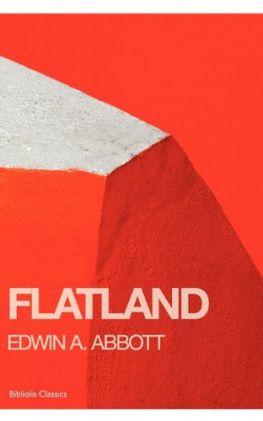The Space of
the Transnational
SUNY series, Genders in the Global South
Debra A. Castillo and Shelley Feldman, editors
The Space of
the Transnational
Feminisms and Ummah in
African and Southeast Asian Writing
Shirin E. Edwin
Published by State University of New York Press, Albany
2021 State University of New York
All rights reserved
Printed in the United States of America
No part of this book may be used or reproduced in any manner whatsoever without written permission. No part of this book may be stored in a retrieval system or transmitted in any form or by any means including electronic, electrostatic, magnetic tape, mechanical, photocopying, recording, or otherwise without the prior permission in writing of the publisher.
For information, contact State University of New York Press, Albany, NY
www.sunypress.edu
Library of Congress Cataloging-in-Publication Data
Name: Edwin, Shirin, author.
Title: The space of the transnational : feminisms and ummah in African and Southeast Asian writing / Shirin E. Edwin.
Description: Albany : State University of New York Press, [2021] | Series: SUNY series, genders in the global south | Includes bibliographical references and index.
Identifiers: LCCN 2021040579 (print) | LCCN 2021040580 (ebook) | ISBN 9781438486390 (hardcover : alk. paper) | ISBN 9781438486406 (ebook)
Subjects: LCSH: FeminismReligious aspectsIslam. | Feminism in literature. | Muslim women authorsAfrica. | Ummah (Islam)Africa. | Muslim women authorsSoutheast Asia. | Ummah (Islam)Southeast Asia.
Classification: LCC HQ1170 .E329 2021 (print) | LCC HQ1170 (ebook) | DDC 305.48/697dc23
LC record available at https://lccn.loc.gov/2021040579
LC ebook record available at https://lccn.loc.gov/2021040580
10 9 8 7 6 5 4 3 2 1
With love for my family,
Ayub, Sana, Shuaib and Samreen,
for love received
Contents
INTRODUCTION
Mapping Disjunctures and Dissonance:
Transnationalism as Transgeography in Ummah
CHAPTER 1
Ummah and Friendships: Transgeographic Inscriptions of
Transnational Islamic Feminisms
CHAPTER 2
Windowed Encounters: Gazes, Times, and Ummah
CHAPTER 3
Intimate Bonds: Marriage, Race, and Ummah
CHAPTER 4
The Sterile Womb: Nation Space, Domestic Violence,
Polygamous Relationships, and Ummah
Acknowledgments
Like my other professional accomplishments, this book would not have been possible without the love, patience, and encouragement of my husband, Ayub. Each time I think of pausing and entertaining the idea that Ive done enough, he recharges my ideas and abilities and inspires me to push on. A growing number of colleagues, well-wishers, and intellectual partners have guided my work, and to them I am eternally indebted. In particular, my dean at New York University Shanghai, Maria Montoya, gave me the space to teach courses that helped me take my research into the classroom. My colleagues Manuel Triano Lopez, Brad Weslake, Christina Jenq, and Xuan Li have provided much support and friendship that made the writing easier and bearable across continents. At NYU Shanghai, Caitlin McKenzie-Mannion was instrumental in locating dozens of materials on Southeast Asian literatures and thus facilitated the research process in many ways. It was in these rare sources that I discovered Coeli Barrys work on Muslims in Southeast Asia. Her support and encouragement have meant much to me while writing this book. Across the institutions I have worked at, I am ever grateful to fellow Africanists, comparatists, and feminists through the years: April Shemak, Alejandro Latinez, Moradewun Adejunmobi, Carli Coetzee, Gaurav Desai, Naminata Diabate, Carmen McCain, and Gabeba Baderoon. They have encouraged my work and enriched my ideas in African and postcolonial studies in innumerable ways. Gabeba, in particular, along with Alicia Decker and Fatima Sadiqi invited me to join a week-long workshop at the International Institute of Languages and Cultures in Fez where I shared preliminary ideas on this project. That experience shaped many points and counterpoints and set the stage for the ideas expressed in this book. Rebecca Colesworthy was instrumental in bringing this project to fruition with her belief in it from the very beginning and her patience in guiding it through. I am thankful for her literary and critical guidance and comments as I honed my argument. I also owe thanks to Ana Jimenez-Moreno who made suggestions to earlier drafts of the book and suggested the title for it. I am also grateful to the two anonymous readers for their helpful comments on earlier drafts of this book, Matthew John Phillips for the index, and Michael Sandlin who patiently copyedited the manuscript with a gimlet eye.
Introduction
Mapping Disjunctures and Dissonance: Transnationalism as Transgeography in Ummah
It is a paradox that a feminism that has insisted on a politics of a historicized self has rendered that self so secularized, that it has paid very little attention to the ways in which spiritual labor and spiritual knowing is primarily a project of self-knowing and transformation that constantly invokes community simply because it requires it.
M. Jacqui Alexander, Pedagogies of Crossing
When the term ummah appears in the Quran, it usually refers to human community in a religious sense.
Frederick Matthewson Denny, The Meaning of Ummah in the Quran
A recent article in the online edition of Voice of America News boldly documents the legality of interfaith marriages in Indonesia, the largest Muslim country in the world. With a population of 220 million, of which roughly 90 percent is Muslim, Indonesia legally permits couples of different faiths to marry. However, as the article reports, the legally backed provision is culturally discouraged. As a result, private religious groups and organizations such as the International Conference on Religion and Peace, led by Mohammad Monib, help interfaith couples realize their dream of romance and nuptial union. This example is but one instance of the disjuncture between legally permissible but culturally discouraged and disapproved practices. As scholarship on Islam, Muslims, and the Islamic world unremittingly asserts this faiths storied diversity and rich variety to thwart claims of monolithic Muslim uniformity, rarely is the Islamic worlds own stance on diversityits relation to others, including other faiths and cultures within and across itexamined with a sharp eye. Seldom do we ask what Muslims have to say about interactions with other faiths, cultures, and non-Muslims. How do the religion and its practitioners deal with disjunctures in their midst? The Space of the Transnational embraces these questions to engage with the dissonance between formally accepted knowledge practices and the unnoticed energies and activisms of informal and aleatory habits and actions. It argues that womens studies in the US academyas a field of inquiry and knowledge production, as activism in support of womens causes, and as an academic disciplineregisters a related disjuncture with respect to transnational feminism. In its conceptualization of transnational feminism, womens studies in the United States aims to forge connections across national borders yet continues to presuppose and reinforce those borders. Although transnationalism nominally enables solidarity in the face of such globally common feminist and socially just causes as gendered subordination, violence, discrimination, poverty, and inequity, the steady accrual of its critical value as a theme in feminist inquiry springs from its impressive ability to span global spaces. Feminists consider uniting across such great gulfs as transnationalisms hard-won reward. But they should know better than to uncritically celebrate such relationships as the nation space itself is fraught with gulfs that multiply inequities and disproportionately affect women and sexual minorities. Such relationshipscross-national coalitions, affiliations, and affinitiesare bound to die a death by a thousand disjunctures. Thus, transnationalisms triumphalist claim of breaching national walls remains aspirational at best.




